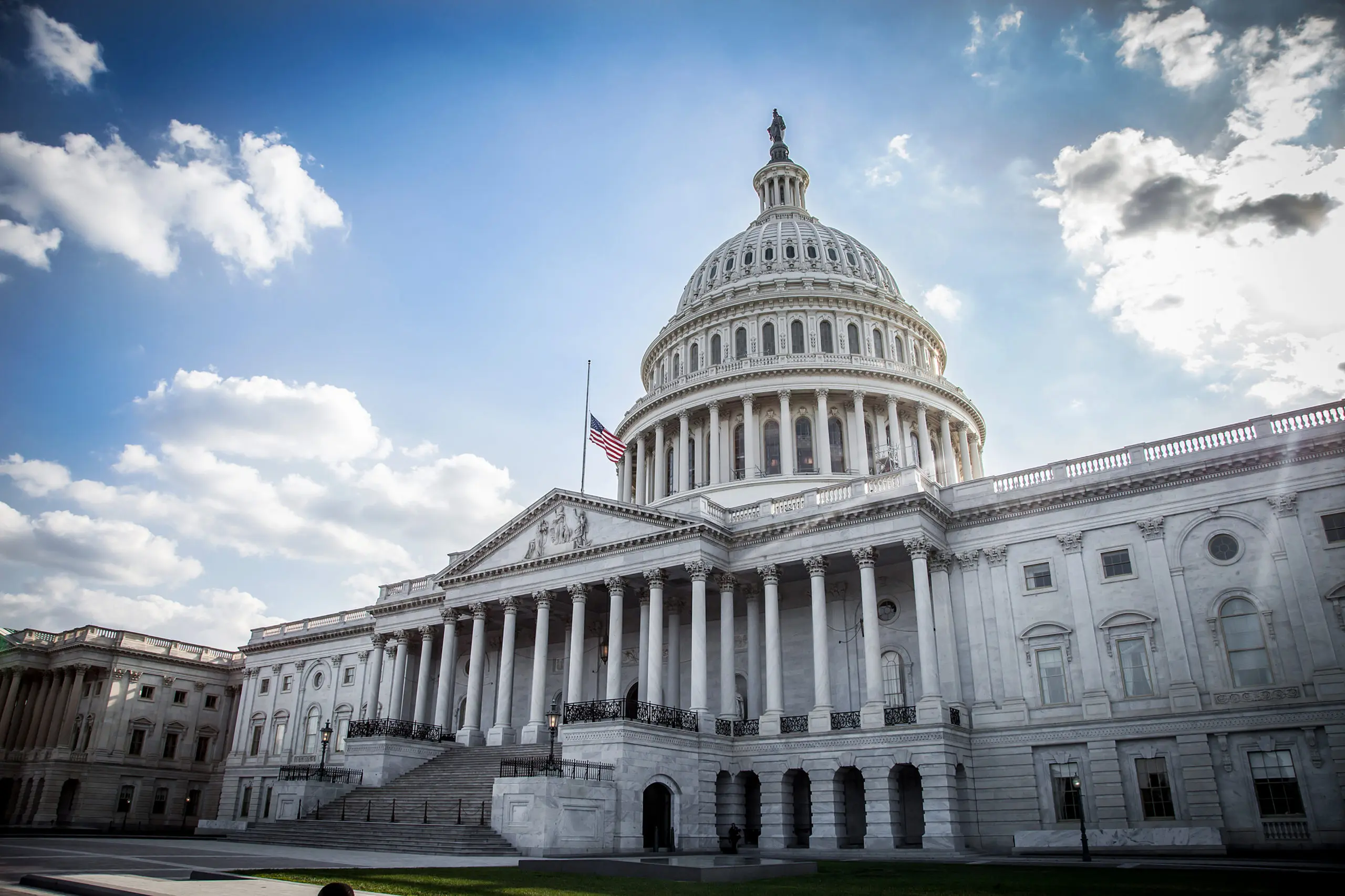Policy Preview: Looking Ahead to the Fall in Washington
09/03/2020
By Jennifer Dexter, Director, Policy
As both chambers of Congress adjourned for the August recess and the Party Nominating Conventions, the stage is set for the likely Fall legislative agenda. While it is unlikely there will be much legislative activity, there are some areas that may be addressed, depending on the election.
- Next COVID-19 Relief Package – Congress left Washington for the August recess without reaching agreement on the next package of COVID-19 relief legislation. An agreement and further action on this legislation is not expected until after Labor Day. There is significant pressure to pass another package as both expanded unemployment relief and a moratorium on evictions, which have expired. The House passed the Health and Economic Recovery Omnibus Emergency Solutions (HEROES) Act on May 15, 2020, and the Senate released, but has not yet passed, their proposal, the Health; Economic Assistance; Liability Protection; and Schools (HEALS) Act on July 28. There are significant differences in both the overall funding amount and how to prioritize that funding, and it is unclear whether President Trump’s Executive Orders on unemployment, student loans, payroll tax relief, and evictions will reduce Congress’ urgency to act.
- Appropriations – The 2021 federal fiscal year begins Oct. 1. This means that Congress must pass all 12 of the annual spending bills by then or pass a continuing resolution to keep the government operating. So far, the House has passed 10 of the 12 bills and the Senate has not passed any. There will be a push through September to finish work on as many of the spending bills as possible. However, it is likely that they will need more time and pass at least a short-term extension.
- Surprise Medical Billing – This is an issue that many advocates hope to see action on before the end of the year. The National Health Council (NHC) and may patient advocacy organizations have been pushing Congress to act as soon as possible, and there is significant support for doing so. However, there is also still significant negotiation that needs to occur to get the interested parties to agree on the specifics about what solution to put in place.
- Executive Action – In late July and early August, the President issued a series of executive actions on issues of importance to NHC members including drug pricing, drug importation, and access to telehealth. These actions have and will result in significant regulatory activity through the end of the year. This is on top of a traditional end-of-year influx of regulatory activity on issues such as setting the payment and plan rules for Medicaid, Medicare, and the Affordable Care Act Marketplaces. The NHC will be vigorously involved in responding to these regulations and assisting our members in crafting their responses.
